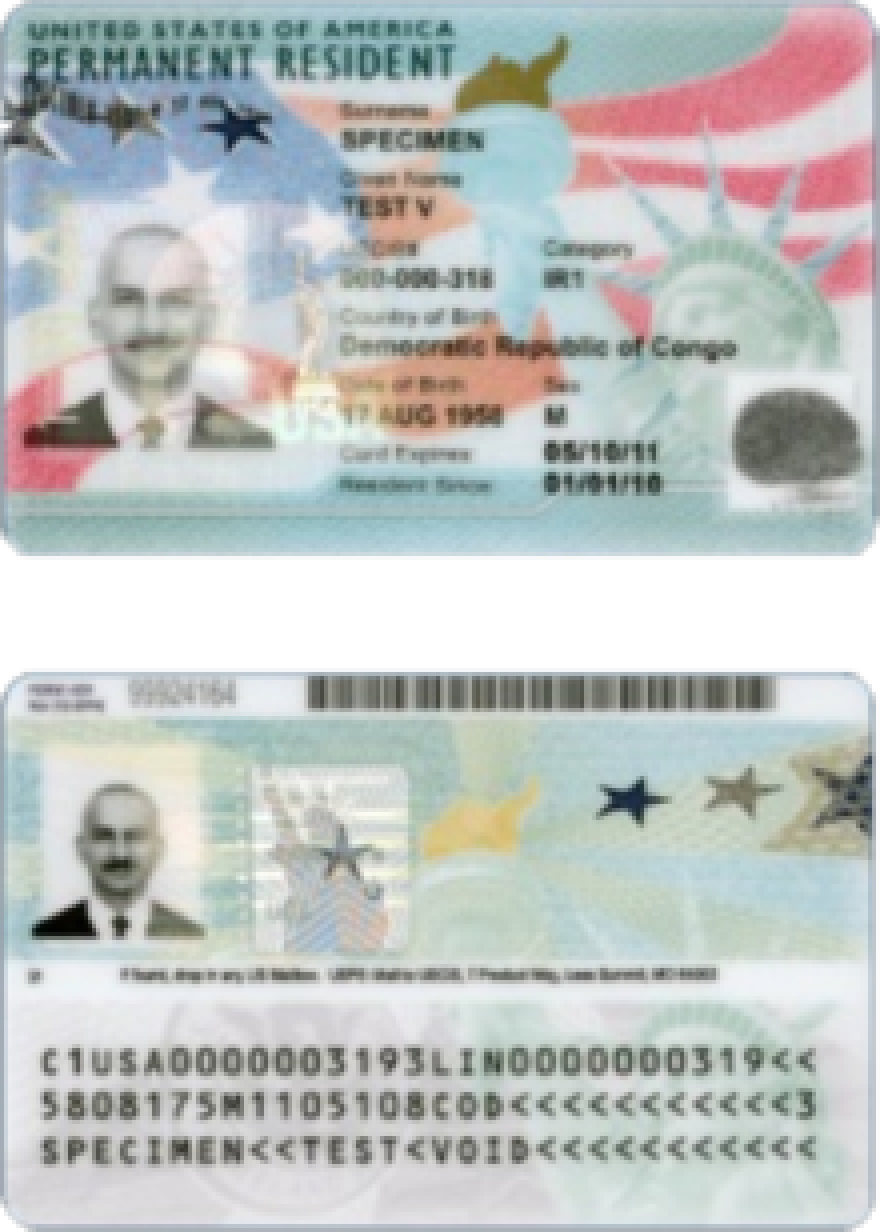The U.S. Supreme Court has let the Trump administration’s so-called public-charge rule take effect while the legal fight over it continues.
Lawsuits against the policy will continue. But people hoping to become a legal permanent resident now have to show they won’t be a burden on the country.
Ayensa Millan, managing attorney at CIMA Law Group in Phoenix, said roughly 70% of her work involves people seeking some kind of residency. Certain clients now need a sponsor to get a green card. Others may have to pay high bonds to get one. And still others could be disqualified because of public benefits used by family.
“The (government) officer can take this into consideration and decide that you could perhaps become a public charge,” said Millan, a member of the American Immigration Lawyers Association, which has opposed the public charge rule.
The Department of Justice also responded.
“The Department of Justice is grateful for the Supreme Court’s decision today to stay another nationwide injunction that prevented the administration from implementing an important immigration policy well within the scope of the laws passed by Congress. As the Department has stated repeatedly, nationwide injunctions that grant relief outside the parties to the case are inappropriate and must be curbed. We hope that the Supreme Court is able to address the matter of nationwide injunctions once and for all at the appropriate juncture," a DOJ spokesperson said.
Mark Krikorian is the executive director of the Center for Immigration Studies, which favors restricting immigration to the U.S. and supports the rule. Ruben Reyes, a Phoenix attorney with the American Immigration Lawyers Association, is one of the advocates who likely will continue fighting the rule. They both spoke with The Show.









